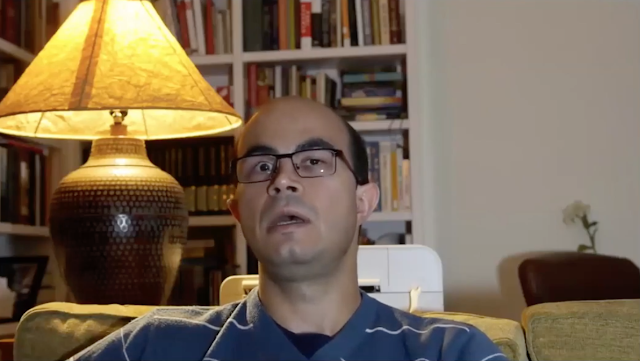Takeaways from Michael's Global Scholars Presentation
I thought Michael did an excellent job of presenting the premise and intentions of his Grant Proposal. The premise is that Michael proposed to a board of individuals affiliated with Poly a proposal for funding for a project relating to an organization he works closely with: Reading Partners. He successfully gained funding for the purchase of books that aim to highlight underrepresented groups in children's books. I cannot state how important this is to kids growing up today. As an Asian American, I seldom saw representation in literature growing up. Seeing someone that looks and has a similar background to you when it comes to children's books is incredibly meaningful for young people and I'm glad that Michael's found success with his project. His knowledge and deep connections with Reading Partners are notable and impressive and I think he was able to explain effectively to the virtual audience why his proposal was worth funding. In addition, he was able to shift to ...
